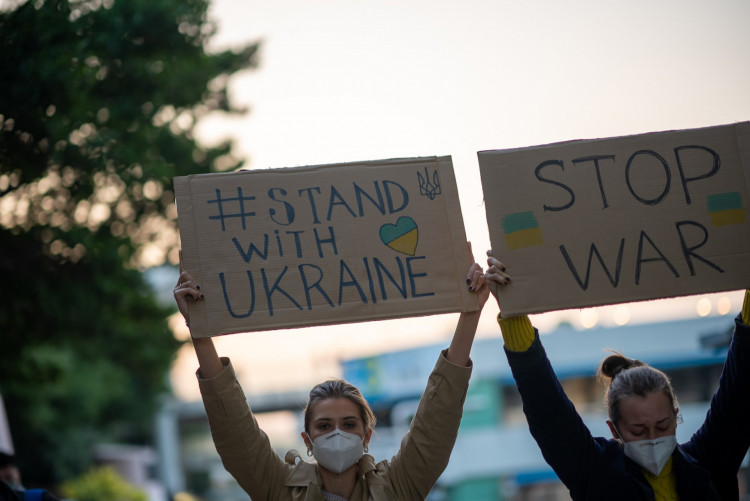Since October, the Kremlin has launched many missile and drone attacks that have damaged or destroyed civilian infrastructure. Experts believe that these operations violate the laws of war and are part of a plan to intimidate Ukrainians.
The nonprofit SVOI Foundation foresaw the potential disruption in life-saving at-home care when the attacks on Ukraine's infrastructure stepped up in October. The organization, which was started in 2014 and expanded as the demand for at-home care increased because of the Covid-19 outbreak, advised patients to be prepared.
According to Iryna Koshkina, executive director of the SVOI Foundation, it encouraged individuals to buy generators and instructed patients to have doctor referrals ready for hospital visits in case their at-home gadgets broke down.
However, since the frequent blackouts started, the cost of generators has approximately doubled, and residents of high-rise buildings are already unable to utilize them.
Koshkina demonstrated several machines needed by patients who are chronically ill and require medical support at home at the SVOI Foundation's warehouse in Kyiv. "The situation is really complicated because there are a lot of such people. There are chronic patients, (with) heart failure, and chronic lung disease. Then there are acute patients. There is less Covid, but it still exists," she said.
The problem of those who require a constant power source to use medical equipment at home has not received an official response from the Ukrainian health authorities. According to her, the organization is aware of patients who have spent hours tethered to their automobiles in order to use the cigarette lighters to charge their medical gadgets.
Koshkina has not yet heard of anyone passing away as a result of a shortage of electricity so far. "Or at least we don't know about them but there were cases of emergency hospitalization," she added.
Dramatic images from a Ukrainian hospital demonstrated how surgeons carried out life-saving procedures using a headlamp after Russian strikes on the electrical infrastructure earlier in November left hospitals in the dark. Dr. Oleh Duda, a cancer surgeon in Lviv, was performing a challenging and deadly heart operation when a series of explosions caused the hospital's lights to go out.
After three minutes, a generator came on, but Duda could not afford to stop the major artery surgery on the bleeding patient, so he carried on using a headlamp, as evidenced by the photos.
"These fateful minutes could have cost the patient his life," the doctor said.





